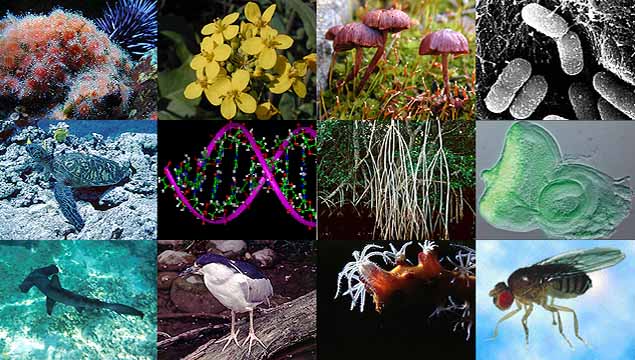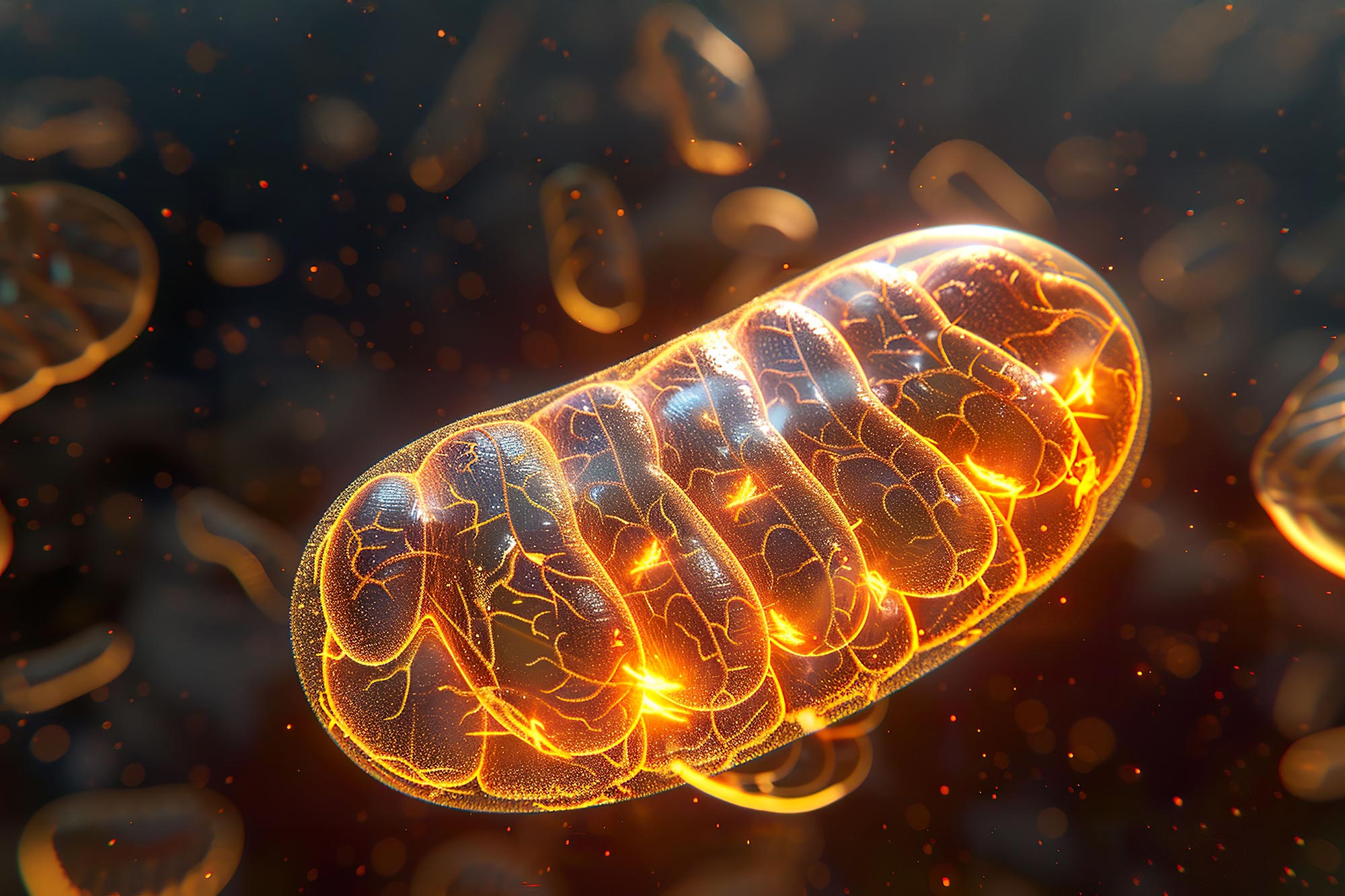

Biology is the natural science that involves the study of life and living organisms, including their physical structure, chemical composition, function, development and evolution. Modern biology is a vast field, composed of many branches. Despite the broad scope and the complexity of the science, there are certain unifying concepts that consolidate it into a single, coherent field. Biology recognizes the cell as the basic unit of life, genes as the basic unit of heredity, and evolution as the engine that propels the creation of new species. Living organisms are open systems that survive by transforming energy and decreasing their local entropy to maintain a stable and vital condition defined as homeostasis. See glossary of biology.
Sub-disciplines of biology are defined by the scale at which life is studied, the kinds of organisms studied, and the methods used to study them: biochemistry examines the rudimentary chemistry of life; molecular biology studies the complex interactions among biological molecules; cellular biology examines the basic building-block of all life, the cell; physiology examines the physical and chemical functions of tissues, organs, and organ systems; ecology examines how organisms interact in their environment; and evolutionary biology examines the processes that produced the diversity of life. Read more ...
Longstanding Mystery Solved: Scientists Discover How Life's Most Essential Molecule Enters Mitochondria Science Daily - October 24, 2025

Building Blocks of Life Discovered Circling a Baby Star Science Alert - August 17, 2025

Molecules capable of forming the precursors to sugars and amino acids have been detected, for the first time, in the disk of dust and gas whirling around a newborn star. The detection is tentative, but it offers a window into how complex life gets its start from the chemistry in space, not just before planets are born, but even before the formation of the stars.
Scientists Just Discovered a Whopping 12,000 New Species of Microbes Science Alert - November 10, 2020
Microbial species you can cultivate in a petri dish are only a tiny fraction of the bacteria, archaea and other microorganisms that would have been picked up by the swab - only the ones suited to the conditions you grew them in. The overwhelming majority of them do not like the environments we can provide, and therefore won't obediently grow in a petri dish. Now, an international team of researchers has found 12,556 new species of bacteria and archaea that have never been grown in a lab, using an incredibly cool technique called metagenomics.
A new structure in human cells has been discovered - a protein complex that the cell uses to attach to its surroundings and proves to play a key part in cell division Science Daily - October 22, 2018
The cells in a tissue are surrounded by a net-like structure called the extracellular matrix. To attach itself to the matrix the cells have receptor molecules on their surfaces, which control the assembly of large protein complexes inside them. These so-called adhesion complexes connect the outside to the cell interior and also signal to the cell about its immediate environment, which affects its properties and behavior.
Meet Your Interstitium, A Newfound Organ NBC - March 27, 2018

Scientists have stumbled on a previously unknown organ - one of the biggest in the human body and one that could significantly advance our understanding of cancer and many other diseases. Interstitium is a network of tissues and fluid filled compartments found just below the skin and in your digestive, urinary and respiratory systems. Studying that can help diagnose and track the areas of cancers and disease throughout the body
Interstitium: A Newfound Organ in the Human Body Live Science - March 27, 2018
With all that's known about human anatomy, you wouldn't expect doctors to discover a new body part in this day and age. But now, researchers say they've done just that: They've found a network of fluid-filled spaces in tissue that hadn't been seen before. These fluid-filled spaces were discovered in connective tissues all over the body, including below the skin's surface; lining the digestive tract, lungs and urinary systems; and surrounding muscles, according to a new study detailing the findings